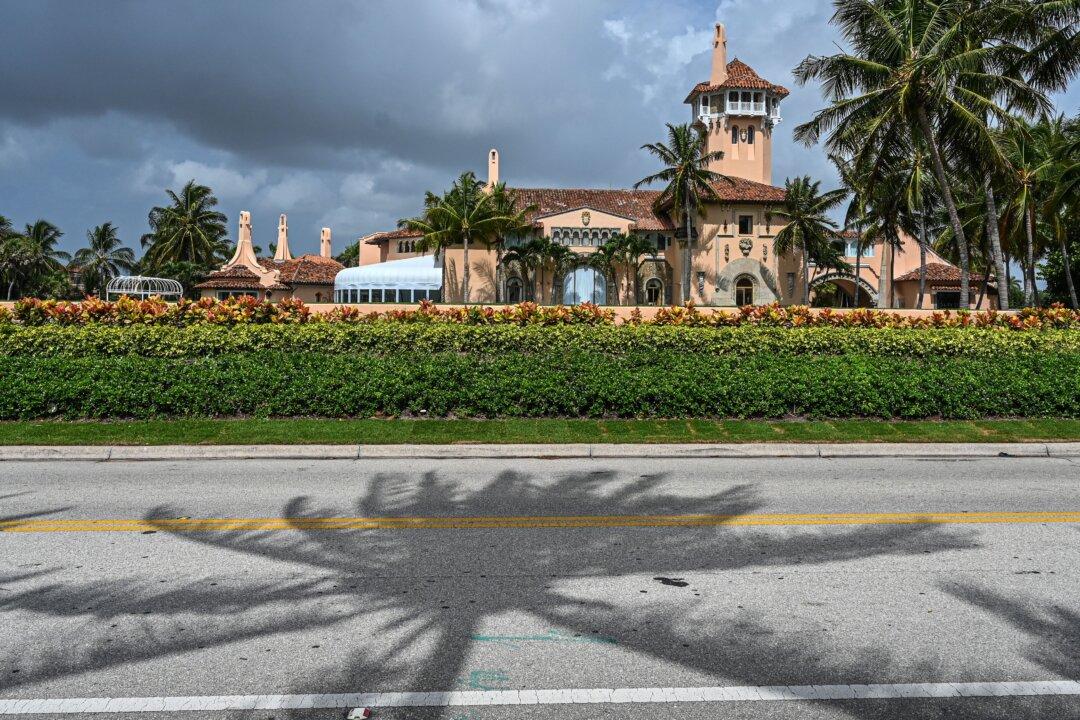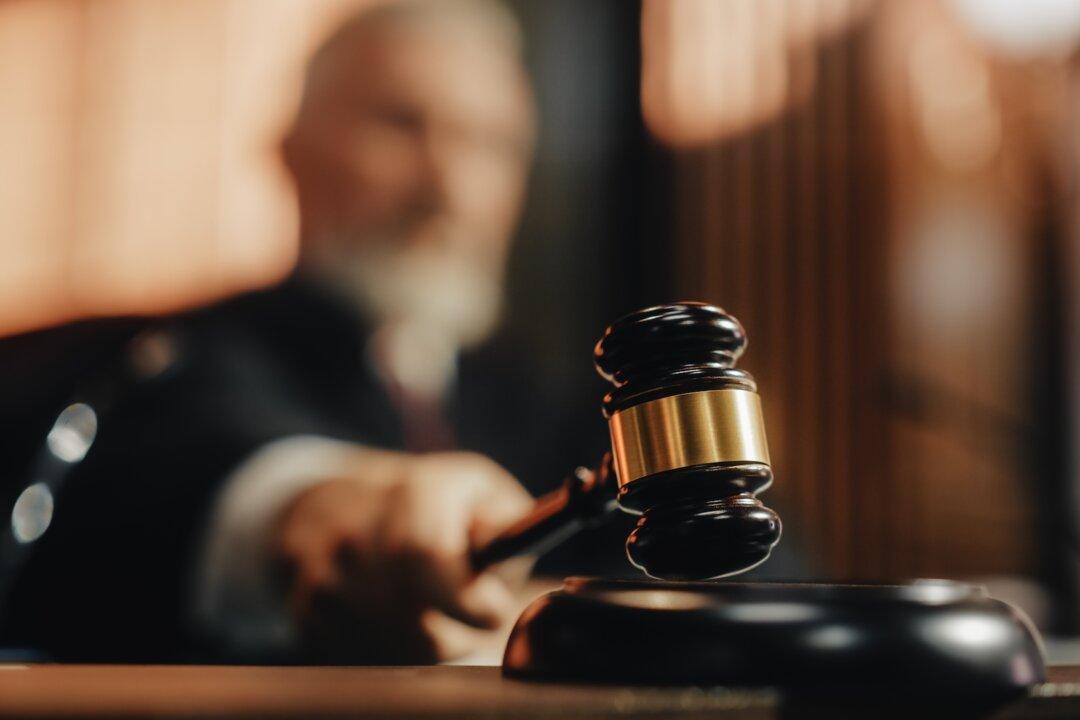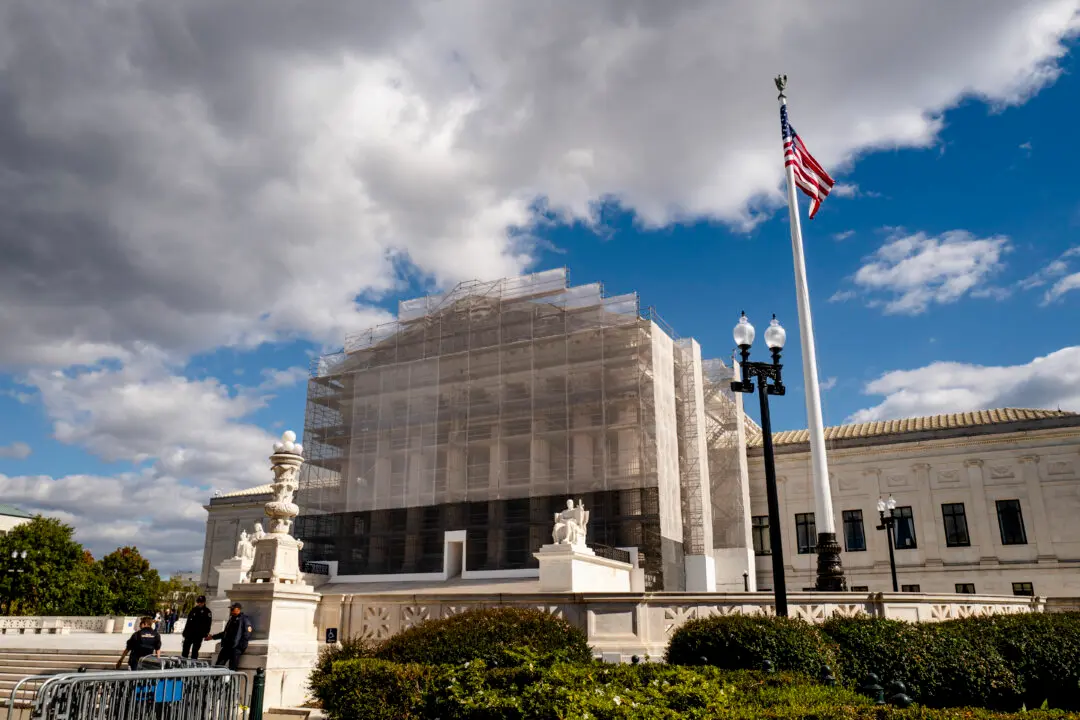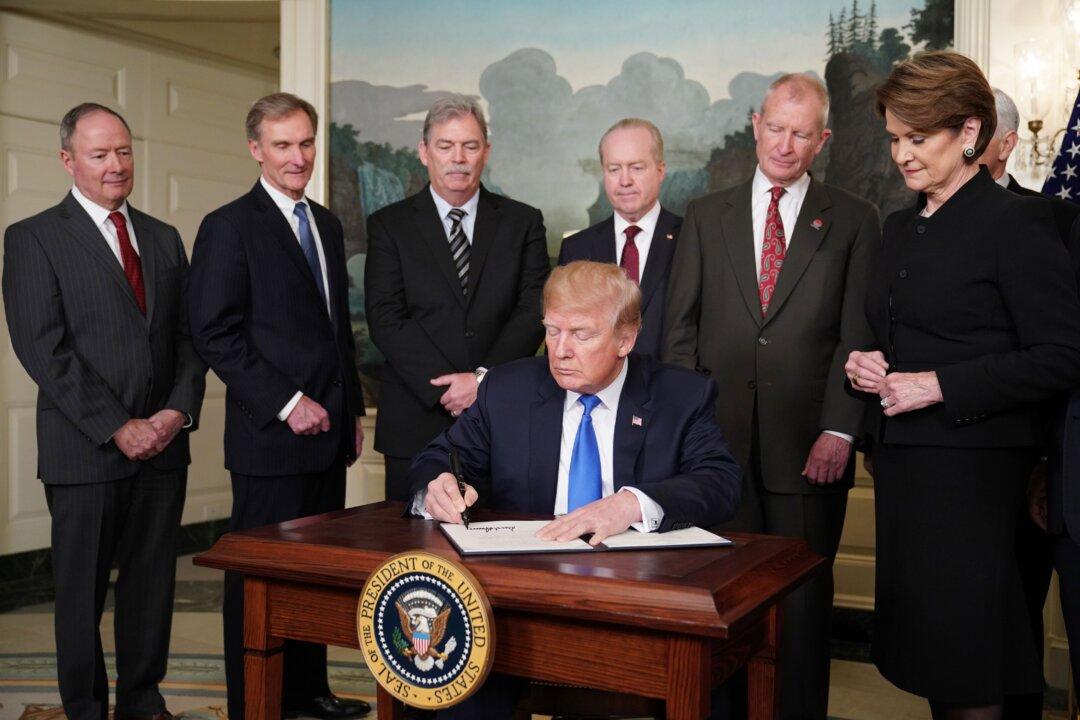Commentary
In this Part II of my two-part series on the rule of law, I was going to explain how the rule of law is declining in America. But Monday’s massive FBI raid on former President Donald Trump’s residence for alleged misuse of government documents—after the FBI gave Hillary Clinton a pass for a similar offense—has made my case for me.





